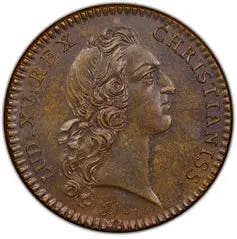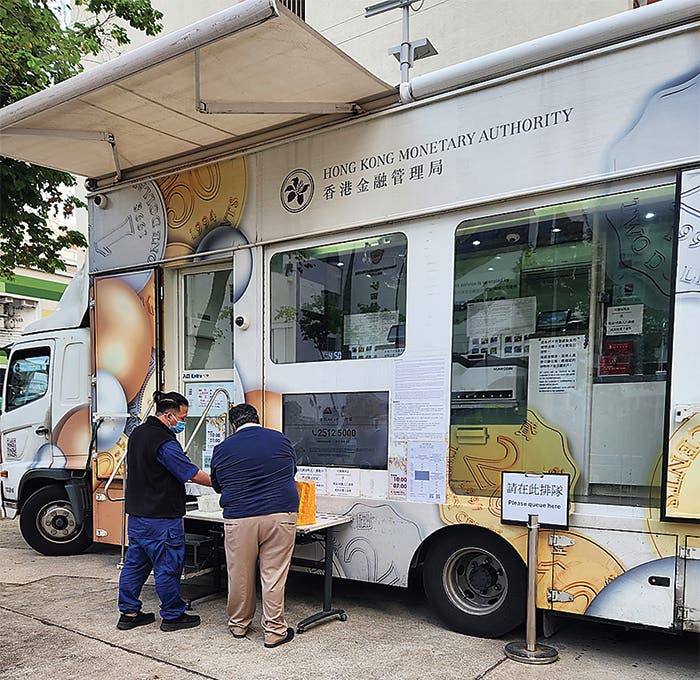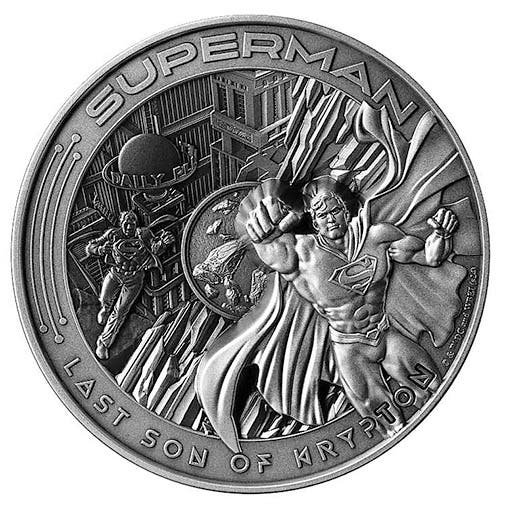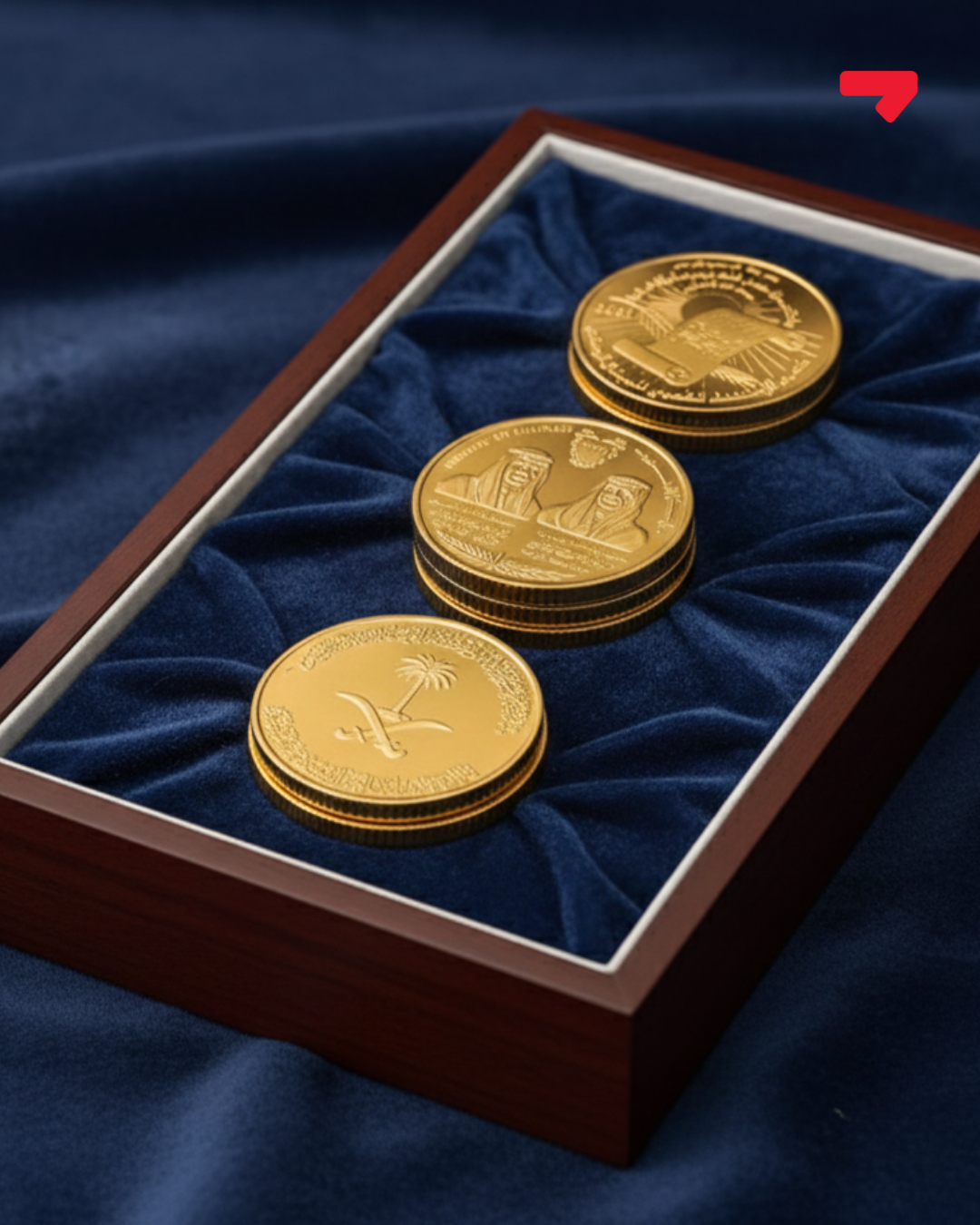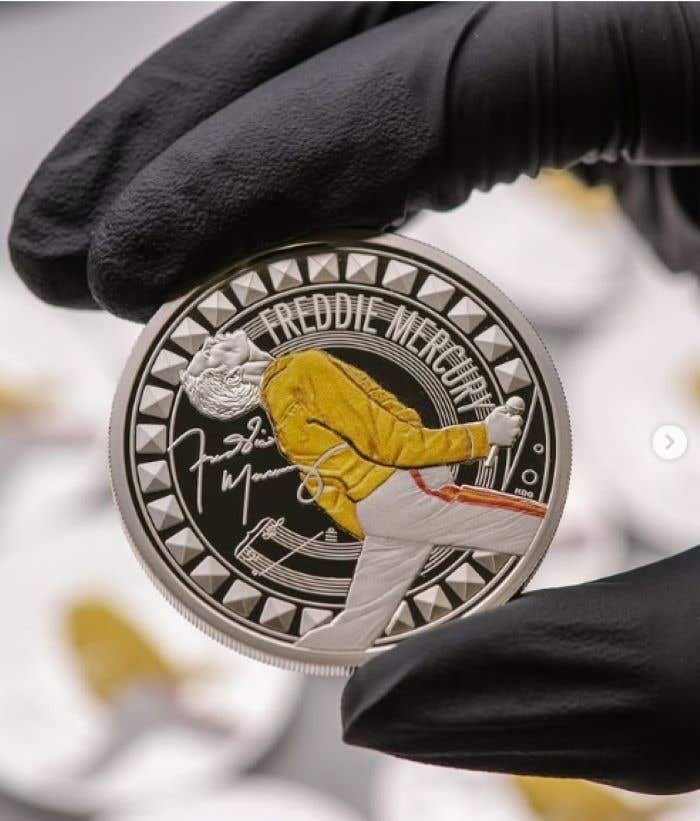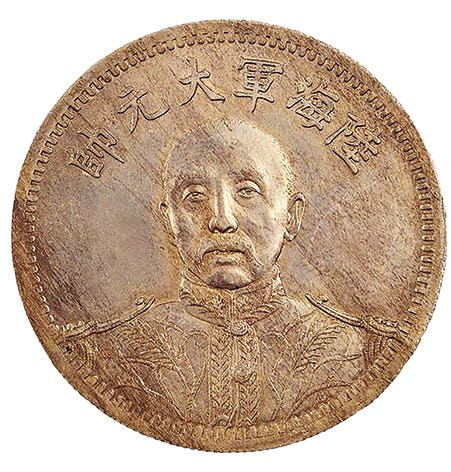Kurdistan militants seek own currency
By Richard Giedroyc First it was ISIS, the terrorist group determined to re-establish a medieval-style caliphate in what is now Syria and Iraq, that announced it was going to issue…
By Richard Giedroyc
First it was ISIS, the terrorist group determined to re-establish a medieval-style caliphate in what is now Syria and Iraq, that announced it was going to issue its own money. Now the outlawed Kurdistan Workers’ Party (PKK) in Turkey has decided they too want to issue a currency that will be legal tender in the areas they control.
While ISIS has been doing a lot of chest thumping over their idea of introducing specie gold and silver composition coins, the PKK has gone one step further, printing sample bank notes on which a vignette of their jailed leader Abdullah Öcalan appears. Turkish nationalists opposing the PKK refer to Öcalan as “the İmralı killer.”
There are some interesting similarities between the currency goals of the two insurgent groups, and there are some striking differences as well.
ISIS has yet to deliver on its declaration. There are some major hurtles to be jumped. Where will the gold and silver for their coins come from? Who will design the coins and produce the coinage dies? Where will the coins be struck? What about distribution? How can you force people to use the coins rather than hoard them since they will be composed of gold or silver?
The PKK thinks in more modern terms. Their intention is to simply turn on the printing presses, churning out fiat money as does the rest of the world. The PKK’s sample notes identify the Central Bank of Diyarbakir as the issuing authority. Diyarbakir is a province in Turkey that the PKK would like to use as their capital for a future independent Kurdistan.
The PKK central bank appears to exist only on paper at the time this article is being written. This is still one step further ahead than is the ISIS dream of issuing its own money.
According to the Jan. 5 issue of Financial Advisor, a division of the British newspaper The Financial Times, “…locals say, Isis is losing its luster: to traverse the ostensibly unified ‘caliphate,’ a traveler needs three different currencies; aid groups provide medicine to much of the area; and salaries are often actually paid by Iraq and Syria — governments with which Isis is at war.”
Uticensis Risk Services President Kirk Sowell is quoted in the Financial Advisor article as saying, “They’re [ISIS] operating like something between a mafia, an insurgency, and a terror group. Maybe they thought six months ago they were going to function as a state. But they don’t have the personnel or manpower.”
It doesn’t appear ISIS has the understanding of modern economics and currency systems either. A hospital worker named Bassem working in Deir Ezzor was quoted by the newspaper as saying, “Isis doesn’t study the market, it doesn’t calculate costs . . . these price caps are just comical.”
Only time will tell if ISIS ever issues a currency that will actually be used rather than collected or relegated to the melting pot. In the mean time anyone traveling the region will need to carry Iraqi dinars if visiting Mosul, U.S. dollars for stability, and Syrian pounds once they reach Raqqa.
Turkey’s Nationalist Movement Party (MHP) head Devlet Bahçeli is genuinely concerned about the PKK announcement it will begin issuing its own currency. In a recent speech Bahçeli said, “It is understood that the head of murderers [a reference to Öcalan] will be placed under house arrest and then set free,” adding that the PKK is already acting as though it has set up an independent state by issuing its own currency.
The PKK has also established its own tribunals. While ISIS is still busying itself with raising funds through extortion, the PKK is acting more like a truly independent nation by collecting taxes in the eastern and southeastern provinces it now controls.
Perhaps that tax money might fund the Central Bank of Diyarbakir, which in turn could allow its bank notes to become acceptable in commerce.




